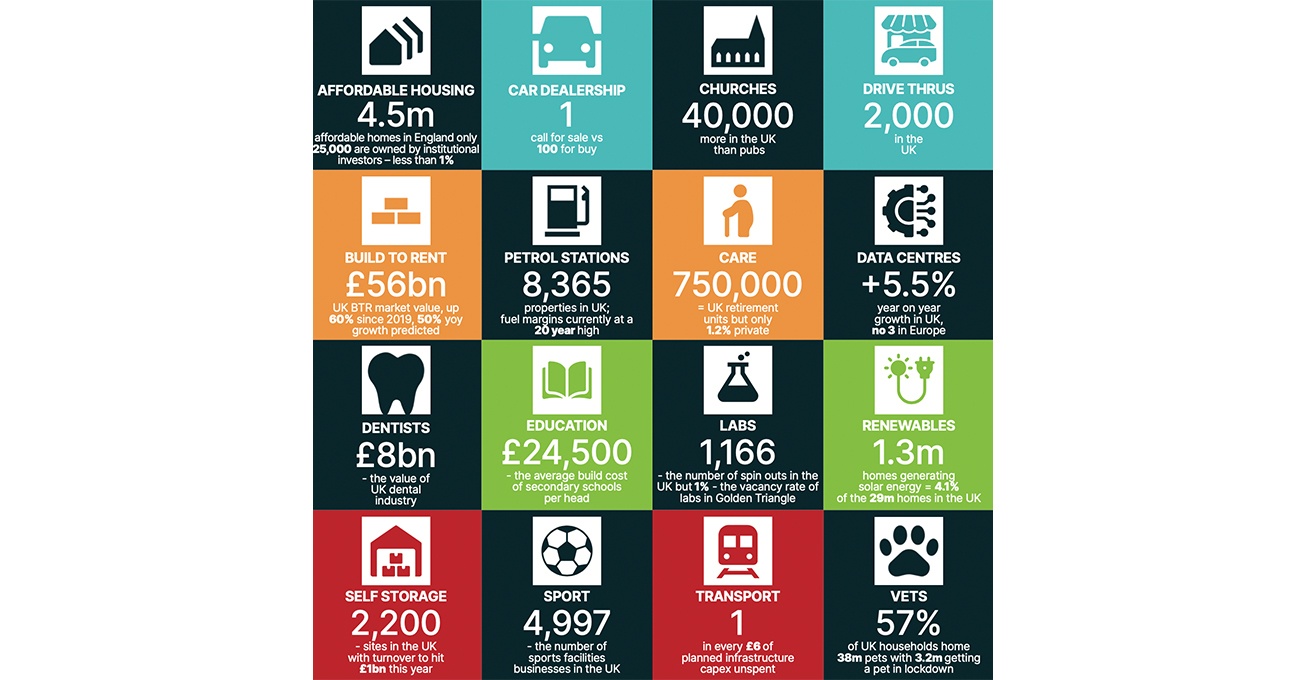 The Scottish Widows Investor Confidence Barometer has revealed that a sizeable gap has opened up between advisers and investor confidence. While a significant majority (77%) of surveyed advisers expect stock markets to go up over 12 months, only 53% of surveyed advised clients and just 43% of surveyed non-advised investors agree.
The Scottish Widows Investor Confidence Barometer has revealed that a sizeable gap has opened up between advisers and investor confidence. While a significant majority (77%) of surveyed advisers expect stock markets to go up over 12 months, only 53% of surveyed advised clients and just 43% of surveyed non-advised investors agree.
The gap remains high on a five-year view: 84% of surveyed advisers believe that equities will rise versus 66% of surveyed advised clients and 61% of surveyed non-advised investors.
Bullish advisers, cautious investors
From Scottish Widows’ historical data, it is clear that investor confidence has barely recovered from the 2022 market correction. This is despite global markets recording a relatively strong recovery since markets bottomed in October 2022.
While stock markets have recovered, persistently high interest rates, mortgage rates, food and energy prices have continued to fuel investor uncertainty, with significant pressure on household incomes. The survey reveals that investors’ expectations about inflation have worsened. Of those surveyed, 62% of advised and 63% of non-advised investors now believe inflation will remain an ongoing feature for the next few years. This is a marked increase from the last barometer in May 2023 when 47% of advised and 48% of non-advised investors believed inflation will remain an ongoing feature for the next two to three years.
There is evidence to suggest this investor pessimism has been damaging to returns, with 28% of surveyed advised clients reporting that they initiated an increase in cash holdings with their adviser. Significantly, when asked about what mistakes they’d made over the last 12 months, 34% of surveyed advised clients admitted it was ‘taking too little risk’. This was the most common perceived mistake and is up from 23% in the last barometer. Taking too little risk was also the second most common mistake cited by surveyed non-advised investors (28%, up from 25% previously).
It is clear that geopolitical and economic uncertainty is affecting investor confidence. A remarkable 72% majority of surveyed advised clients said that they had contacted their adviser to discuss market volatility in the last 12 months, a notable jump from the 61% recorded by our last barometer.
The importance of investing psychology
Most advisers are acutely aware that investors can be overly cautious and there is a need to coach them through volatile times. Just under 9 out of 10 (89%) surveyed advisers say that they are aware of the behavioural biases that can affect their clients, with two-thirds (66%) reporting that they use behavioural profiling, or tools to segment their clients according to their financial personality.
The survey data reveals that behavioural coaching seems to be flowing through to client understanding in several ways. Historical and current data shows that surveyed advised clients are consistently more bullish than surveyed non-advised investors. Additionally, while a majority (57%) of surveyed advised clients say they are aware of emotional biases, only 39% of surveyed non-advised investors said the same. 59% of surveyed advised clients believe that market declines can be a good time to buy, yet only 47%1 of surveyed non-advised investors held the same belief. Perhaps most significantly, 71%1 of surveyed advised clients believe that their adviser helps them to avoid the emotions associated with investing. This is up from 64%1 in our last survey.
In our last survey, we revealed that 95% of surveyed advisers believe that emotional decisions cost their clients at least 2% per annum in forgone returns. When asked the same question in this survey, 63% of advised clients believe that emotional decisions cost them between 1% and 4% per year. Surveyed non-advised investors showed a similar pattern, but interestingly, with higher proportions believing that they have been completely unaffected by emotionally driven investment decisions. These results show the value behavioural coaching and tools can add to advised relationships, as well as the scope for potential engagement with non-advised investors.
Barry MacLennan, Chief Executive Office, Embark Investments said: “It’s understandable investor confidence has taken a knock given the current economic and geopolitical uncertainties. However, stock markets typically look through the gloom, so it can be damaging in the long run to take portfolio risk off the table due to short-term, negative news.
“With investors admitting that ‘taking too little risk’ has been one of their biggest mistakes, a key part of the adviser role is to keep their clients on track from a risk-reward perspective, by focusing on long-term outcomes.
The benefits of behavioural coaching to advised clients are clear in these results, especially in the evidence that advised clients are more aware of emotional biases and the risks they may pose to investment decisions.”






